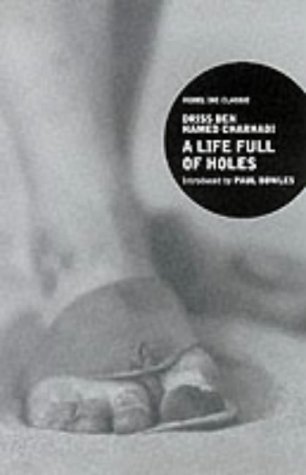What do you think?
Rate this book


One of the most unusual literary innovations ever produced, A Life Full of Holes is the result of a singular collaboration between two remarkable individuals: Driss ben Hamed Charhadi, an illiterate North African servant and street vendor, and legendary American novelist and essayist Paul Bowles. The powerful story of a shepherd and petty trafficker struggling to maintain hope as he wrestles with the grim realities of daily life, it is the first novel ever written in the Arabic dialect Moghrebi, faithfully recorded and translated into English by Bowles. Straightforward yet rich in complex emotions, it is a fascinating inside look at an unfamiliar culture—harsh and startling, yet interwoven with a poignant, poetic beauty.
288 pages, Paperback
First published January 1, 1964
You remember what I told you a long time ago? You can fly high in the air for a while. But afterward you come down. This is what happens when Allah gives a loaf of bread to a man who doesn't know how to eat it.
Don't worry about me, Omar said.
You'll see everything in a little while, I told him.